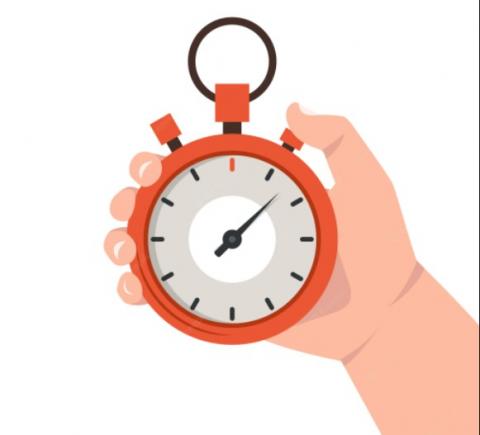Submitted by nsscadmin on

Today we’re starting a new blog series entitled, “Timing the Market, or Time in the Market?” In this series we’ll look at some of the specific ways investments make money and how that may be affected by either trying to time the market or by having time in the market. Some of the specific ways investments make money include interest, capital gains and dividends.
Just to clarify, by using the term 'market' we’re not always specifically meaning the stock market, and not every example we’ll look at includes stocks.
One last disclaimer before we get started. The Nova Scotia Securities Commission does not provide investment advice. We are not advising you to invest any of the investment products we mention in this series. We are simply providing information and education to help you make a more informed investment decision.
Now, let’s talk about compound interest. Compound interest means earning interest on interest. It is interest you warnon your principal investment as well as previoulsy earned interest. An investment earning compound interest will grow faster than an investment receiving simple interest over the same time period. Simple interest is earn only on your initial investment.
Let’s look at an example. We’ve made two $100 investments. One of these investments pays five percent simple interest annually, while the other pays five percent compound interest annually.
The following table compares the interest earned during the first five years on $100:
|
|
Simple Interest |
Compound Interest |
|
Year 1 |
$105 |
$105.00 |
|
Year 2 |
$110 |
$110.25 |
|
Year 3 |
$115 |
$115.76 |
|
Year 4 |
$120 |
$121.55 |
|
Year 5 |
$125 |
$127.63 |
Slowly but surely the compound interest investment is worth more. After five years the investment with compound interest is worth $2.63 more than the investment with simple interest. That may not seem like much, but think about your time in the market again. Over a longer period of time, and depending on the principal amount invested, the compound interest investment will be worth substantially more.
Another example that is the time it takes each investment to double. The investment with simple interest will take 20 years to double. The investment with compound interest will take 14.4 years to double. During those extra 5.6 years the investment with compound interest will increase in value much faster than the investment with simple interest.
Today, we highlighted the effect of compound interest on an investment. This does not reflect how market volatility may affect your investments. The next segment of the series will discuss capital gains/losses which may result from market volatility and the time you enter into the market.
